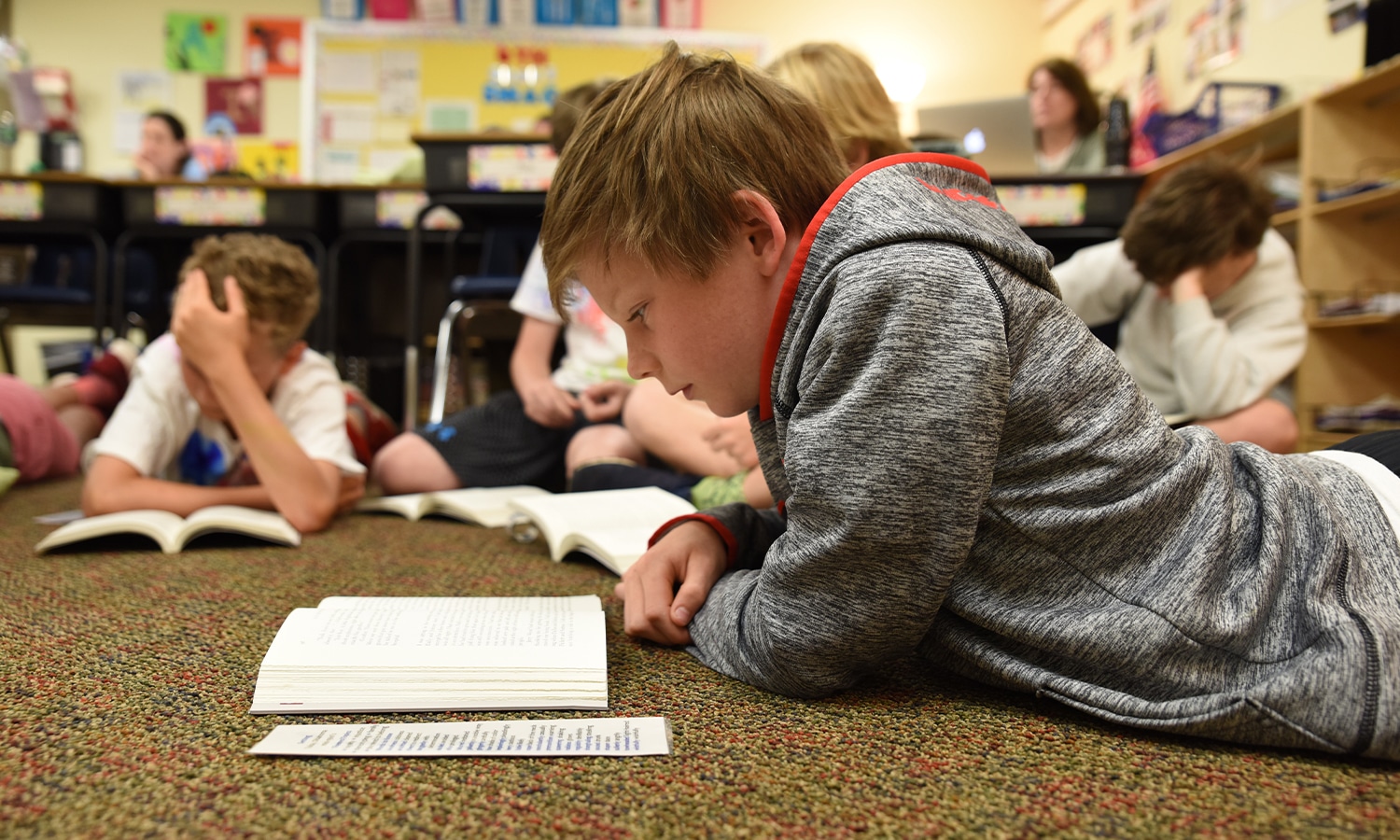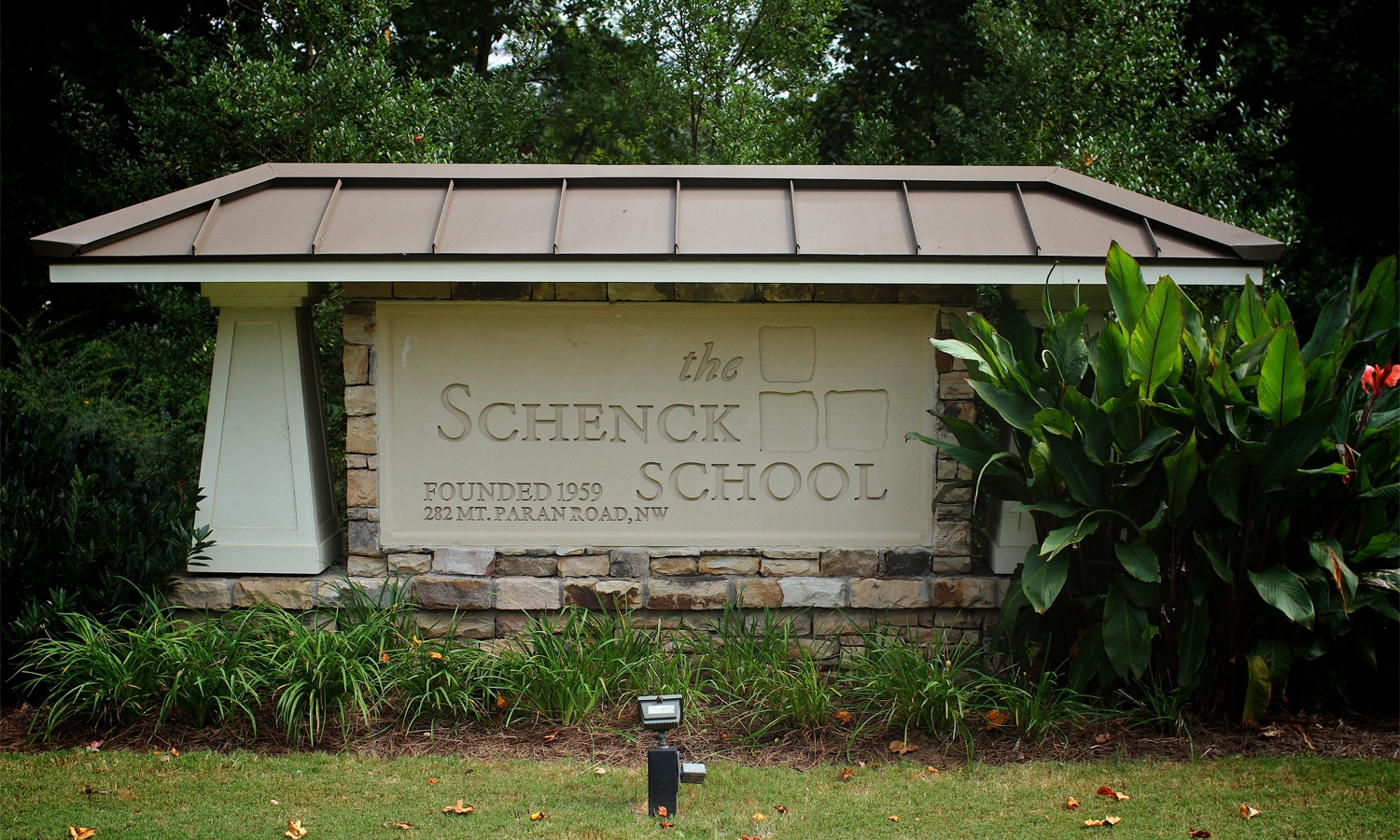Because children spend so much time at school, they foster a unique relationship with teachers who play an integral role in helping a child thrive and overcome learning obstacles. Due to this time spent together, educators are often the first to notice when students struggle with important tasks or do not meet academic expectations.
Dyslexia Diagnosis
5 Takeaways from Our Webinar – Dyslexia: The Neuroscience of Early Identification and Intervention
Webinars consistently offer excellent opportunities to dive deeper into a variety of different subjects, especially in the world of education. The Schenck School partnered with ReadSource, IDA-GA, BrainLENS, Literacy How, and The Georgia Department of Education to present an overview about the neuroscience of dyslexia and how early identification and intervention have a positive impact. Dr. Fumiko Hoeft and Dr. Margie Gillis presented recent findings in education, psychology, neuroscience, and genetics to support this conclusion. Watch the webinar in its entirety here or read below to learn about five key takeaways from the presentation!
Tips to Help Parents and Teachers Identify Dyslexia
Parents and teachers are always looking out for the best interest of their students. And with the prevalence of dyslexia and other reading struggles, parents and teachers play a significant role in recognizing some of the early signs of dyslexia. Ideally, prerequisite reading skills are taught during preschool and any irregularity in these skills can be addressed. However, when students enter elementary school, language or reading deficiencies that may have gone unnoticed in preschool become more recognizable if adults know what to look for. Whether in the classroom or at home, teachers and parents who are able to identify signs of dyslexia ensure these children get the interventions they need to read successfully. Read below to learn about tips that help parents and teachers identify dyslexia.
Benefits of a Dyslexia Treatment Program
Each dyslexia intervention is designed to maximize the benefits for the individual and optimize their reading remediation depending on their unique needs. In many cases, an experienced tutor may be able to provide reading support that can help a dyslexic individual overcome their reading struggles. For some students, however, an immersive dyslexia treatment program may offer benefits that other interventions may not be able to provide. Read below to learn about some of the advantages of an immersive dyslexia treatment program and when this may be more beneficial than tutoring.
Frequently Asked Questions About Dyslexia
A dyslexia diagnosis may result in an exhaustive list of questions concerning how dyslexia works, what it means, and what the future will look like for someone with dyslexia. Additionally, for those who have been learning with a dyslexia diagnosis for years, some new concerns may still arise from time to time. Dyslexia is complex, and as new research is published, we all continue to learn new things about this condition. ReadSource is proud to provide answers to some of the most frequently asked questions about dyslexia. Read below to find some answers or contact us if your question is not answered here!
Dyslexia Success Stories from The Schenck School
In the past, dyslexic individuals may have been pushed aside or labeled as unintelligent when teachers or parents simply did not understand their learning differences. Today, however, people with dyslexia can receive targeted remediation from trained teachers and succeed in school and beyond when they are given the right resources and support. ReadSource knows that dyslexic individuals can succeed at whatever they set their minds to, and Schenck School alumni serve as just a few examples of what dyslexics can accomplish. Read below to explore more dyslexia success stories from graduates of The Schenck School in Atlanta, Georgia.
Talking with Your Child About Dyslexia
Regardless of when parents receive a dyslexia diagnosis for their child, this news can bring up a lot of emotions. Many parents want to be supportive and encouraging of their child, but they may also be experiencing a range of feelings as they process this news themselves. Although it can feel challenging and confusing at first, having conversations about dyslexia is one of the best things parents can do with their children. Talking about dyslexia helps promote understanding for both parents and kids, and a simple discussion can go a long way in the development of a dyslexic child. Read below to learn more about how to start and continue conversations about dyslexia with your child.
After a Dyslexia Diagnosis: What Comes Next?
There’s no right or wrong way to feel after receiving a dyslexia diagnosis for your child. The key is to remain patient with yourself and your child as you figure out what to do next. While knowing which steps to take after getting a dyslexia diagnosis can be confusing, the ReadSource is here to walk you through it. Read below to learn more about some helpful tips for what you should do after a dyslexia diagnosis.














